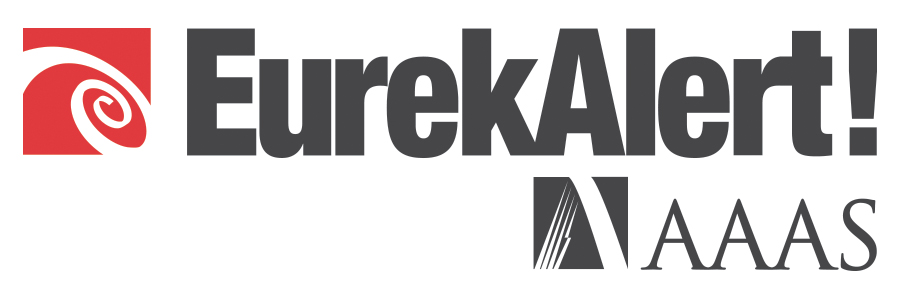
LEBANON, NH – Breast density is an important risk factor for breast cancer but no study had asked women what they know or think about breast density in relation to screening they have had. A number of states do have notification laws about breast density, but these laws vary. In a new qualitative study, a team of scientists at Dartmouth and Dartmouth-Hitchcock’s Norris Cotton Cancer Center and the Breast Cancer Surveillance Consortium led by Karen Schifferdecker, PhD, MPH, and Anna Tosteson, ScD, sought to explore women’s knowledge and perceptions of breast density and experiences of breast cancer screening across three states with and without notification laws.
The focus group study found that women from all states had varying knowledge about their own breast density and breast density in general. A number of women were aware of the difficulty of detecting cancer with dense breasts, but only one woman knew that density increased breast cancer risk. “We found that very few women received information about breast density during healthcare visits although some were encouraged to get supplemental imaging or to pay for new types of mammography such as breast tomosynthesis,” says Schifferdecker. “Women who were offered more imaging or different technology usually thought these were ‘better,’ even though they were given little information about the effectiveness or harms.”
The study also found, importantly, that women from all states expressed a strong desire for more information about breast density. All of these results are in the article, “Knowledge and Perception of Breast Density, Screening Mammography, and Supplemental Screening: in Search of ‘Informed’” newly published in the Journal of General Internal Medicine. “The findings in this paper are exciting because no research on dense breasts has explored women’s knowledge and experiences in their own words and compared this across different states,” says Schifferdecker. “We partnered with the national Breast Cancer Surveillance Consortium to identify and recruit women who had a recent screening and also had dense breasts. In this way, we knew all women had dense breasts and could explore what they knew or did not know, including their own personal breast density.”
The conclusions also identify opportunities for improvements in educating women so they may make informed decisions related to mammography and supplemental screening. “Women want–and deserve–more usable information about breast cancer risk, “says Schifferdecker. “More research needs to be done to understand how the medical community can better assist women in making informed decisions related to breast density and screening.”
###
Karen E. Schifferdecker PhD, MPH, is the director of the Center for Program Design and Evaluation at Dartmouth and an assistant professor at The Dartmouth Institute for Health Policy and Clinical Practice and Community and Family Medicine at Dartmouth’s Geisel School of Medicine. Her research interests include mixed-methods design for health services research.
Anna Tosteson, PhD, is Interim Director of The Dartmouth Institute for Health Policy and Clinical Practice, the James J Carroll Professor of Oncology at Dartmouth’s Geisel School of Medicine, and Associate Director for Population Sciences and a member of the Cancer Population Sciences Research Program at Dartmouth and Dartmouth Hitchcock’s Norris Cotton Cancer Center.
About Norris Cotton Cancer Center at Dartmouth-Hitchcock
Norris Cotton Cancer Center combines advanced cancer research at Dartmouth’s Geisel School of Medicine with patient-centered cancer care provided at Dartmouth-Hitchcock Medical Center in Lebanon, NH, at Dartmouth-Hitchcock regional locations in Manchester, Nashua and Keene, NH, and St. Johnsbury and Bennington, VT, and at partner hospitals throughout New Hampshire and Vermont. It is one of 51 centers nationwide to earn the National Cancer Institute’s “Comprehensive Cancer Center” designation. Learn more about Norris Cotton Cancer Center research, programs, and clinical trials online at cancer.dartmouth.edu.
Disclaimer: AAAS and EurekAlert! are not responsible for the accuracy of news releases posted to EurekAlert! by contributing institutions or for the use of any information through the EurekAlert system.

